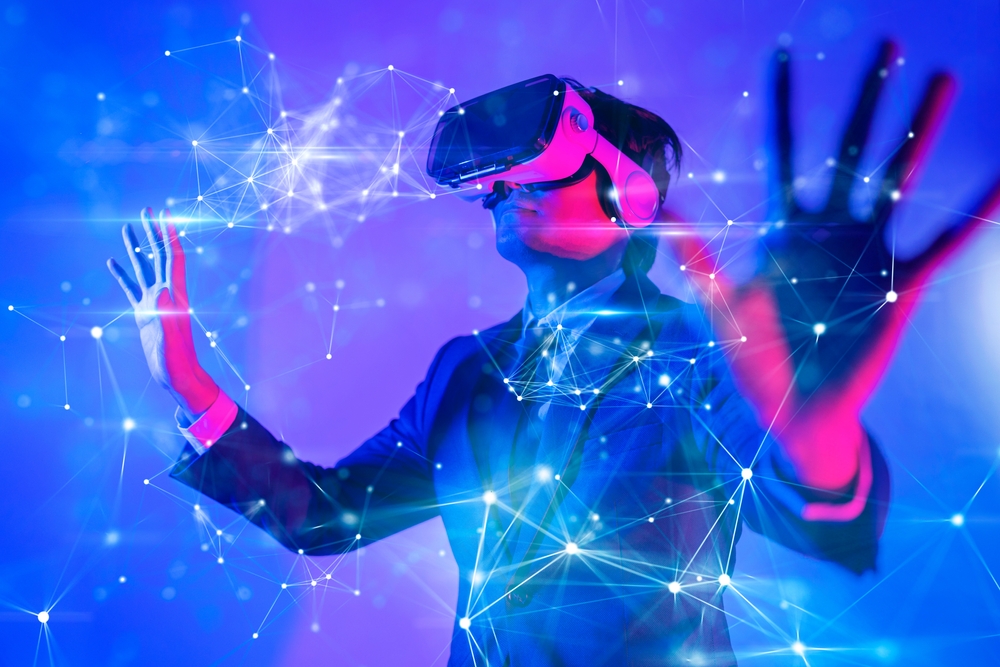A New Law of Physics Could Change Our Perception of Reality
Others are reading now
The idea that we could be living in a simulation has been discussed by scientists and thinkers for some time.
Recent research by Melvin Vopson, a scientist at the University of Portsmouth, adds weight to this idea.
His findings suggest that information may actually have mass, which could change how we think about reality, writes WP.
Vopson’s research points to a new law of physics. This law could predict genetic mutations and proposes that information is a fundamental building block of the universe.
Also read
This idea suggests that everything around us, even the smallest particles, contains information about themselves.
This new approach challenges our understanding of reality and supports the possibility that we live in a simulation.
The basis of Vopson’s discovery comes from the second law of thermodynamics, which deals with the flow of energy.
Normally, in information systems, entropy increases, meaning disorder grows over time. But in Vopson’s work, this doesn’t seem to happen, leading to a new law of infodynamics.
This law explains how information behaves in the universe, and it has the potential to impact fields like biology, atomic physics, and cosmology.
The concept of “infodynamics” suggests that the universe operates in a way that removes excess information, much like how computers use data compression.
This idea of symmetry in the universe could be evidence that our world is a simulation.
Some scientists, like Elon Musk, believe that we live in an advanced computer simulation, where information is the key to everything, including the laws of physics.
Vopson’s discovery also suggests that even dark matter, which makes up most of the universe, could be a form of information.
This groundbreaking research could completely alter our view of the universe and our place within it.
It shows that the idea of living in a simulation might not be as far-fetched as it seems.


